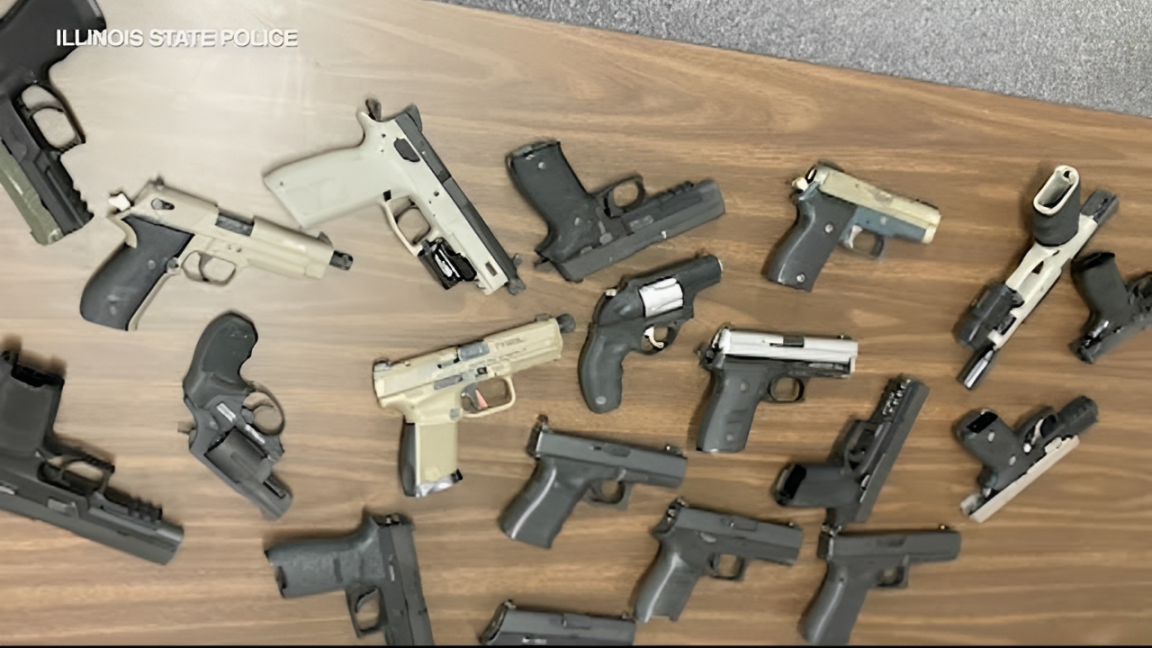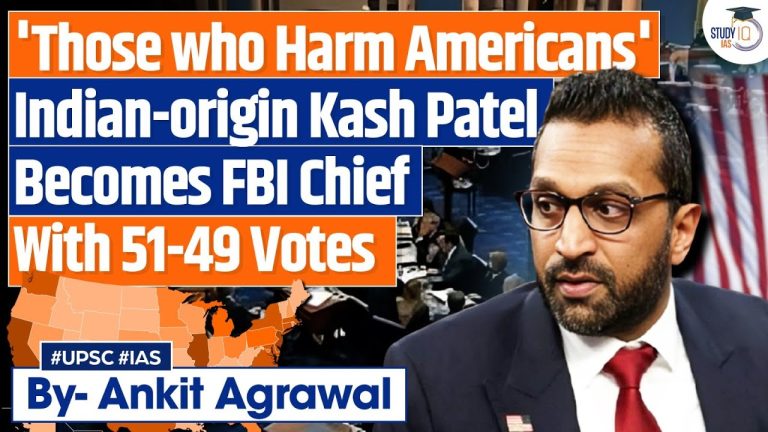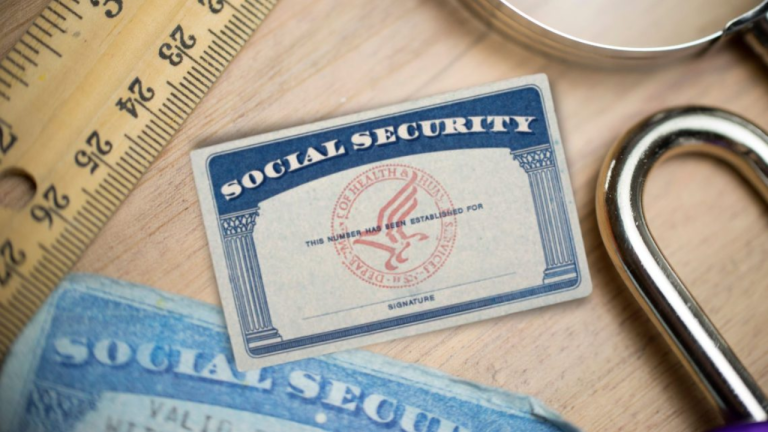In a significant move to bolster protections for domestic violence survivors, Illinois Governor JB Pritzker signed House Bill 4144, known as ‘Karina’s Law,’ on February 10, 2025.
This legislation mandates the confiscation of firearms from individuals whose Firearm Owner Identification (FOID) cards have been revoked due to orders of protection, aiming to close existing loopholes and enhance survivor safety.
Background: The Tragic Catalyst
The law is named in honor of Karina Gonzalez and her 15-year-old daughter, Daniela, who were fatally shot in their Chicago home during the Fourth of July weekend in 2023.
The alleged perpetrator was Karina’s husband, against whom she had secured an order of protection just two weeks before the incident.
Despite the revocation of his FOID card following the order, law enforcement did not remove the firearm from his possession, leading to the devastating outcome.
This tragedy underscored critical gaps in the enforcement of firearm relinquishment in domestic violence situations.
Key Provisions of ‘Karina’s Law’
‘Karina’s Law’ introduces several measures to ensure the effective removal of firearms from individuals deemed a threat due to domestic violence:
- Mandatory Confiscation: Law enforcement agencies are now required to confiscate firearms from individuals whose FOID cards have been revoked following an order of protection. This action must occur within 96 hours of the court issuing a search warrant for firearm seizure.
- Search Warrants: The legislation empowers courts to issue search warrants for the seizure of firearms from alleged abusers when there is probable cause to believe they pose an immediate threat to the petitioner. This provision aims to facilitate timely intervention by law enforcement.
- Clear Responsibilities: By delineating the duties of law enforcement in these scenarios, the law addresses previous ambiguities that often left the responsibility for firearm removal unclear, thereby enhancing accountability and survivor protection.
Legislative Journey and Support
The passage of ‘Karina’s Law’ was marked by extensive negotiations and bipartisan support.
After more than a year of deliberations, the Illinois General Assembly passed the bill with significant majorities—43-10 in the Senate and 80-33 in the House.
Governor Pritzker’s prompt signing of the bill into law reflects a strong commitment to addressing domestic violence and preventing future tragedies.
State Senator Celina Villanueva, a key proponent of the bill, emphasized its life-saving potential, stating, “This law will save lives.
Karina’s Law closes a dangerous loophole and sends a clear message: Illinois prioritizes the safety and dignity of survivors.”
Addressing Concerns and Challenges
While the law received widespread support, it also faced challenges and raised concerns:
- Resource Limitations: Some lawmakers expressed apprehension about the capacity of smaller, rural law enforcement agencies to execute the law effectively, citing limited personnel and resources. Senator Chapin Rose highlighted this issue, noting, “We don’t have the people to do these things.”
- Due Process Considerations: Opponents, including the Illinois State Rifle Association and certain Republican legislators, argued that the bill might infringe upon due process rights for gun owners. They contended that confiscating firearms based on civil orders of protection could undermine constitutional rights, as these orders are issued in civil, not criminal, court proceedings.
In response, supporters clarified that the law includes provisions for temporary confiscation, allowing individuals to file objections if they believe their firearms were unjustly seized.
Kane County State’s Attorney Jamie Mosser expressed confidence in the law’s constitutionality, asserting that due process is maintained through these mechanisms.
Read More:
- Chicago Resident Falls Victim to Tap and Pay Scam, Loses Thousands!
- Strike Paused! King Soopers Workers Enter 100-Day Negotiation Battle!
Implementation and Enforcement
Under the new law, individuals whose FOID cards are revoked due to an order of protection are required to:
- Surrender Their FOID Card: Within 48 hours of receiving notice of revocation, the individual must surrender their FOID card to the local law enforcement agency.
- Transfer Firearms: All firearms in the individual’s possession or control must be transferred to a person with a valid FOID card or law enforcement for safekeeping.
- Complete a Firearm Disposition Record: This document details the transfer of firearms and must be submitted to the appropriate authorities.
Failure to comply with these requirements can result in law enforcement petitioning the court for a warrant to search for and seize the individual’s FOID card and firearms.
Broader Context and Future Implications
The enactment of ‘Karina’s Law positions Illinois at the forefront of states implementing stringent measures to prevent gun violence in domestic settings.
By addressing enforcement gaps and clarifying procedural responsibilities, the law aims to provide more robust protections for survivors of domestic abuse.
Governor Pritzker lauded the legislation, stating, “Today, we honor Karina and Daniela by taking decisive action to prevent such tragedies in the future.
This law reinforces our commitment to safeguarding the lives of domestic violence survivors across Illinois.”
As the law takes effect, its successful implementation will depend on adequate resources, training, and collaboration among law enforcement agencies, the judiciary, and community organizations dedicated to supporting domestic violence survivors.
The hope is that ‘Karina’s Law’ will serve as a model for other states seeking to enhance protections and prevent similar tragedies.
Disclaimer- Our team has thoroughly fact-checked this article to ensure its accuracy and maintain its credibility. We are committed to providing honest and reliable content for our readers.
























+ There are no comments
Add yours